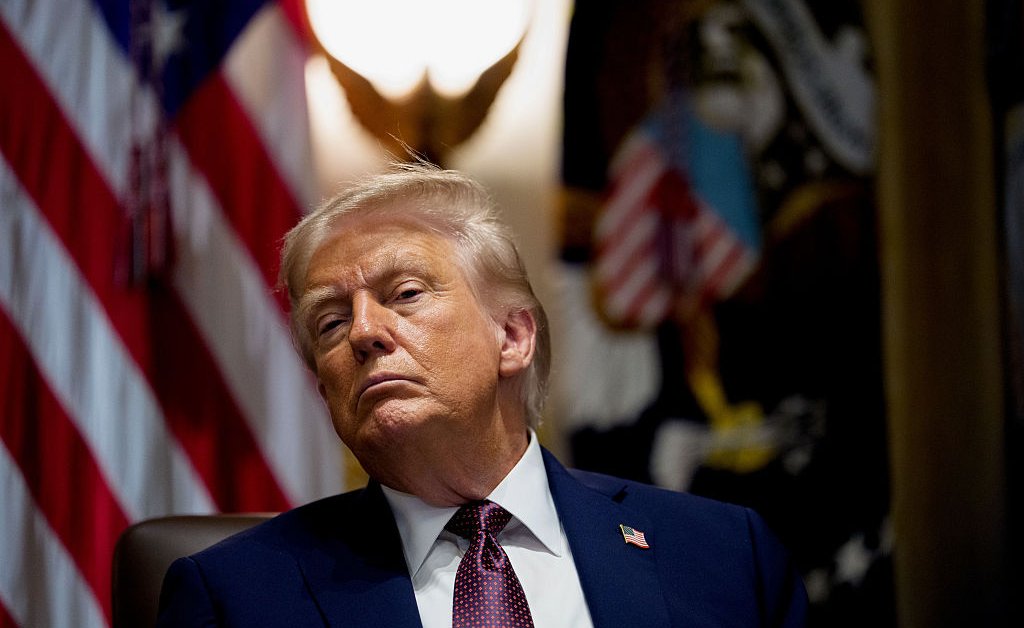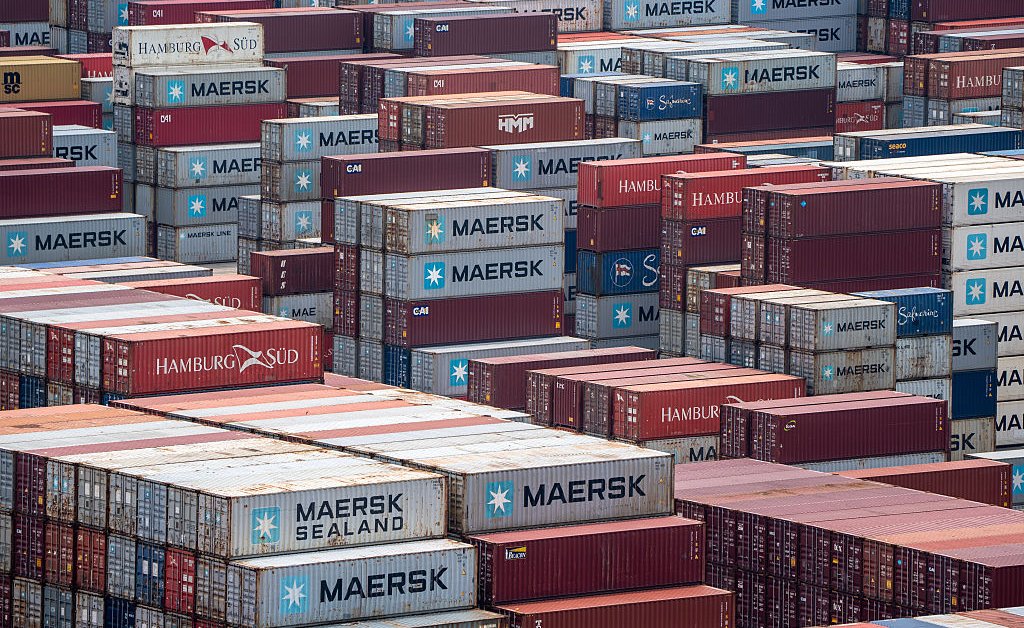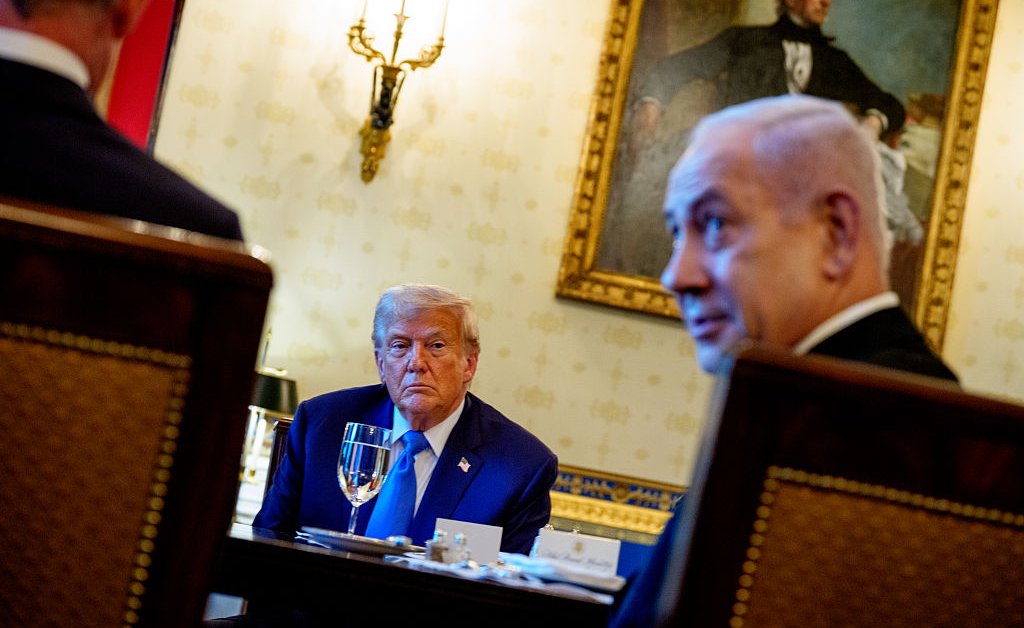Starting on Aug. 29, the Trump Administration will impose tariffs on shipments under $800, which were previously exempt under a de minimis exemption. This change will raise the price of countless everyday goods—from soccer balls to stocking stuffers. And its impact will be felt most acutely by low-income Americans.
Some commentators view the de minimis exemption as a loophole that should be closed because it allows millions of cheap goods to flow into the U.S. tariff-free. But in practice, this policy change will stack another tariff on top of an already harmful trade agenda—and fuel inflation.
In other words, this decision compounds one bad policy with another under the misguided notion that two wrongs make a right. Instead of raising tariffs on smaller shipments, the Administration should lower tariffs on larger ones, lowering prices, increasing choice, and allowing Americans to benefit from the gains from trade.
The de minimis exemption originated in the Tariff Act of 1930, which exempted packages under $1 to “avoid expense and inconvenience to the Government.” Over time, the cutoff was increased to its current value of $800. After suspending this exemption during Trump’s April “Liberation Day” announcement, the Administration reinstated the de minimis rule in early May for every trade partner except for China.
Read More: The Chaotic, Fantastical World of Donald Trump’s Tariffs
As the de minimis exception threshold has increased, more companies have taken advantage of the provision: Over 1 billion packages entered the U.S. under the de minimis exemption last year. But because the shipments are small, with an average value of only $47.50, de minimis imports accounted for only 2% of the roughly $3.2 trillion in imported goods.
Supporters have sought to justify the Administration’s sweeping tariff agenda with arguments that the tariffs will revitalize American industry and that they will raise substantial revenue for the government. Yet many of the goods that will be impacted by this policy change—such as shoes, plastic toys, and umbrellas—are not items that it would be economically rational for our country to make. Does anyone seriously think we can rebuild our industrial base by making $6 flip-flops? And while the de minimis exemption covers many goods, because the shipments are of low value, the tariff revenue will be comparatively modest.
Despite the administration’s lip service toward government efficiency, the policy change is threatening to be an administrative nightmare. U.S. Customs and Border Protection (CBP) has left many key implementation questions unanswered, such as how these customs duties will be collected and what data will be required from businesses. In response, numerous shipping services, such as DHL, have begun suspending the transport of business packages to the United States, and the national postal services of over 30 countries including the United Kingdom, Germany, India, and Singapore have signaled plans to temporarily halt shipping until more clarity is provided.
Beyond these logistical hurdles, placing tariffs on shipments under $800 will disproportionately impact America’s poorest families. Low-income Americans buy a larger share of goods covered by de minimis exemptions, and are more exposed to the price increases from the policy change. But even people who do not purchase imported goods will be harmed through what economists call tariff spillovers. Whereas under the de minimus exemption, the low-priced imports pushed down prices in the market. With the end of the exemption, this price pressure will ease, inflating overall prices.
Read More: I’m an Economist. The GOP Budget Undeniably Takes From the Working Class and Gives to the Rich
Some would argue that eliminating the de minimis exception levels the playing field across retailers. It is certainly true that certain retailers such as Amazon and Temu have built business models that rely heavily on the de minimis exception and have a strategic advantage over retailers that are forced to pay tariffs on larger shipments. But eliminating the de minimis exception levels levels the playing field in the wrong way. Instead of raising tariffs on smaller shipments, the Administration should lower tariffs on larger ones.
Removing de minimis will result in greater administrative complexity and higher prices without corresponding benefits to domestic industry or meaningful deficit reduction. And preserving the de minimis exception is just a first step toward rational policy—policymakers must roll back tariffs to allow Americans to benefit from the lower prices and increased choices offered by trade.








